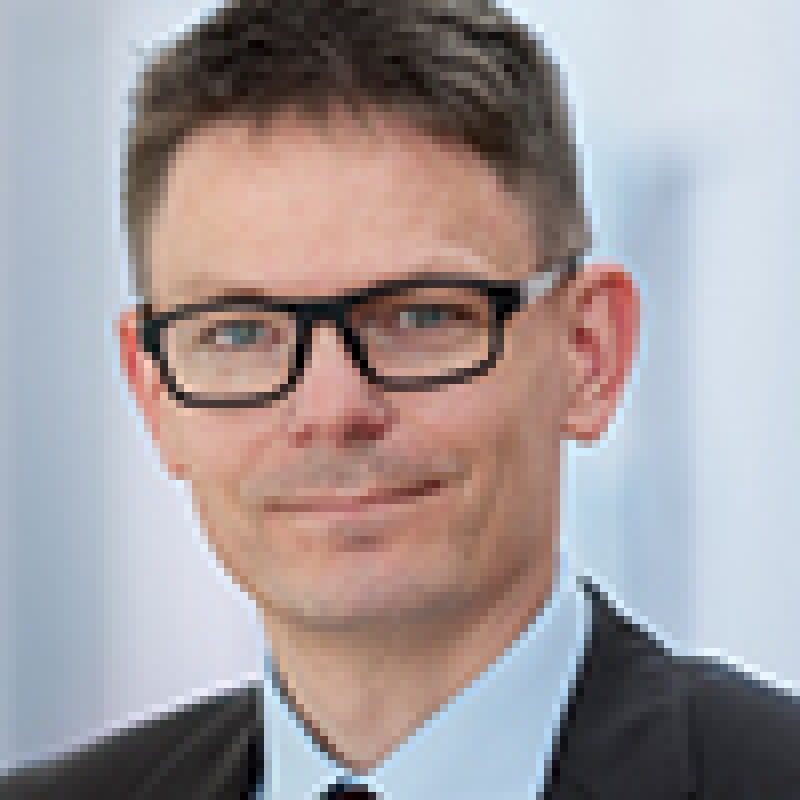The supervisory authority of the EPO, the Administrative Council, decided in its July meeting on the long-debated structural reform of the Boards of Appeal. Despite rumours that the Boards would be moved away from Munich to for example Berlin or Vienna, the AC eventually decided that the Boards will remain in Munich, albeit in premises not shared with other departments of the EPO.
The Council also decided on an organisational reform which entails "a better cost coverage for appeals". According to a report presented by the president of the EPO to the Council, the ratio of the income of the Boards of Appeal to their costs amounted to just 4.2% in 2015, whereas a cost coverage of about 20%-25% purportedly could be reached by increasing the appeal fee and improvement of efficiency.
A first increase of the appeal fee is envisaged to come into effect in 2018, and the ultimate 20%-25% cost coverage goal is aimed at within the next five years.
In addition to predictable concerns among users of the EPO as regards preservation of quality and independence of appeal decisions, the EPO's ambitions with regard to cost coverage are seen as problematic by many due to the future increase of the appeal fee. A four- or five-fold increase of the appeal fee may well prove prohibitive to appeals, even in respect of clearly flawed first-instance decisions, or may put a heavy economic burden on parties to proceedings in respect of cases which are subject to multiple appeals in respect of the same patent or patent application.
Initiatives to reduce the risk of cases ping-ponging between the Boards of Appeal and the lower instances, as well as initiatives to increase predictability and quality of first-instance decisions, would seem appropriate and necessary if the appeal fee in fact increases significantly within the next five years.

|
Jakob Pade Frederiksen |
Inspicos P/SKogle Allé 2DK-2970 HoersholmCopenhagen, DenmarkTel: +45 7070 2422Fax: +45 7070 2423info@inspicos.comwww.inspicos.com










